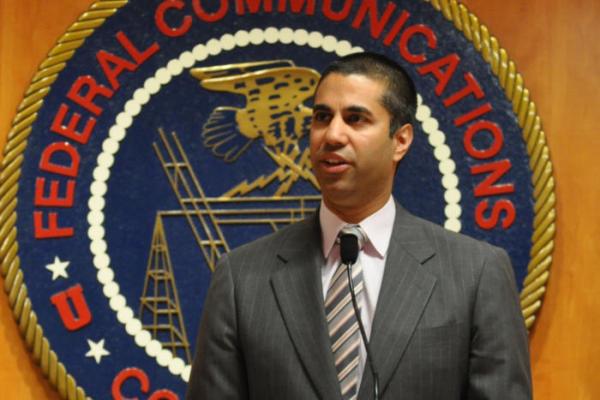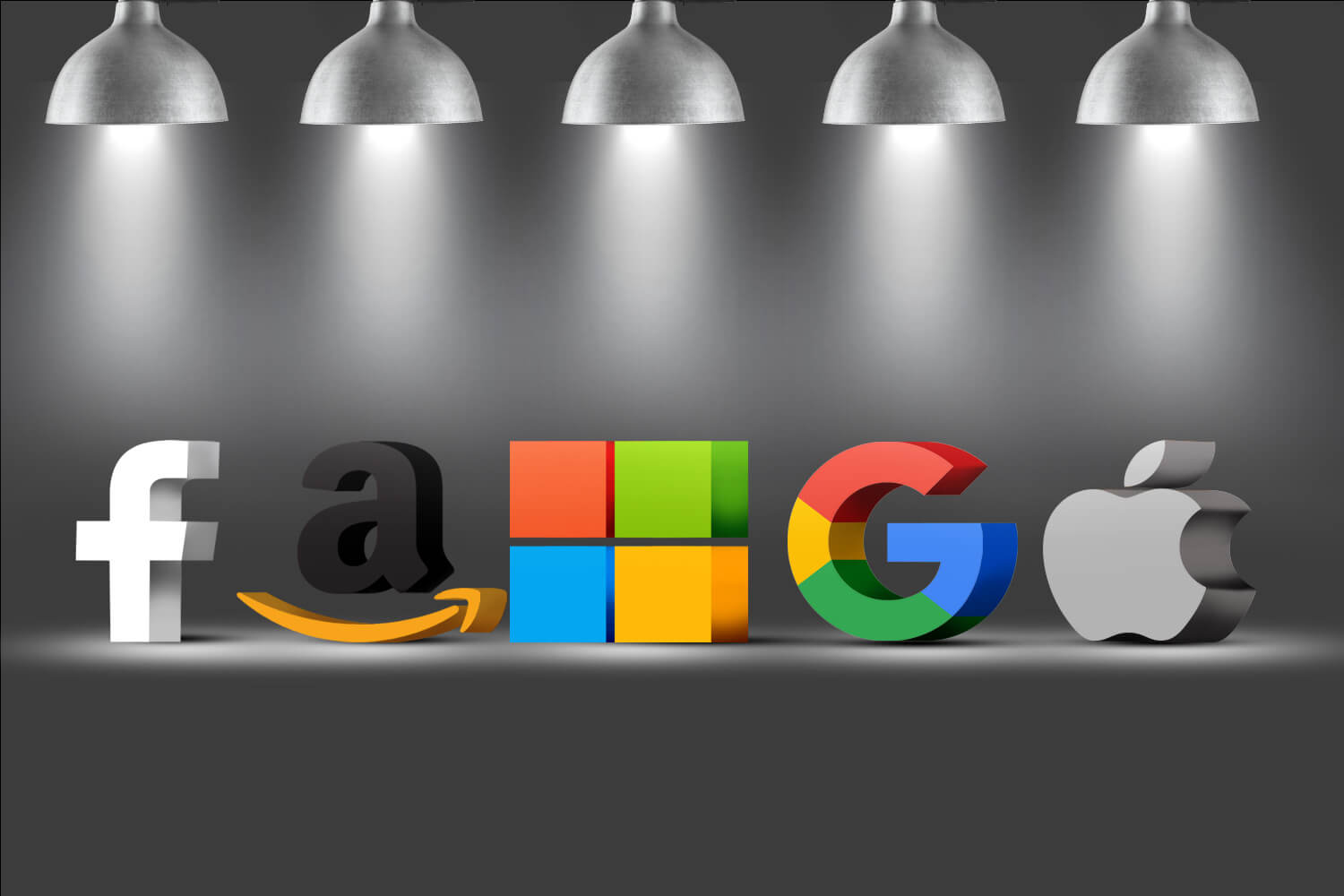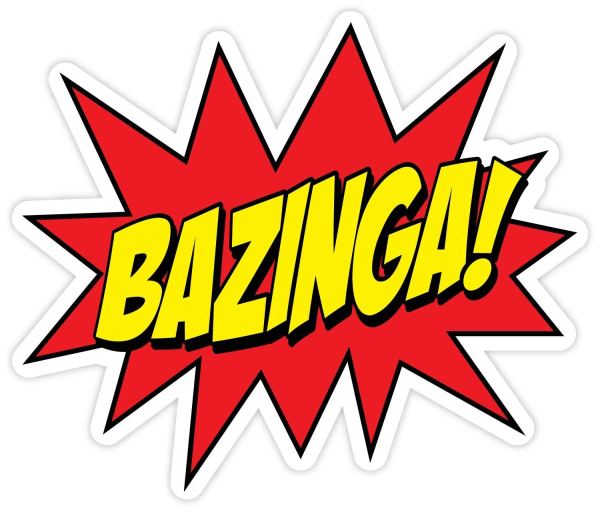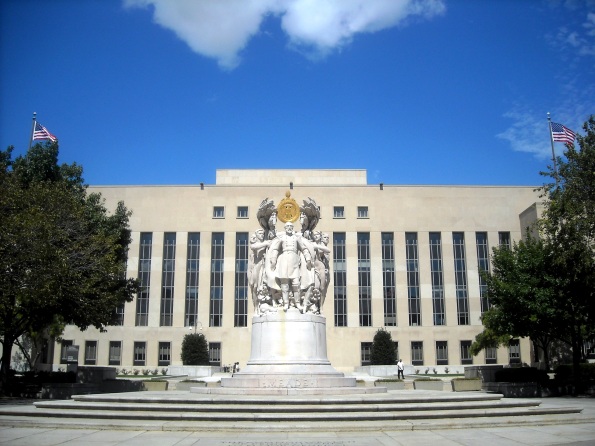
At the very outset, in all fairness, India as on date does not have a program similar to the “Lifeline Program” of the F.C.C., but it doesn’t hurt to put out a pre-emptive rant to make sure they never even consider one in the future.
BACKGROUND
As per the website of the F.C.C., the Lifeline Program for Low Income Consumers has since 1985, provided a discount on phone service for qualifying low-income consumers to ensure that all Americans have the opportunities and security that phone service brings, including being able to connect to jobs, family and emergency services. Lifeline is part of the Universal Service Fund. The Lifeline program is available to eligible low-income consumers in every state, territory, commonwealth, and on Tribal lands. The Lifeline program is administered by the Universal Service Administrative Company (U.S.A.C.). The U.S.A.C. is responsible for data collection and maintenance, support calculation, and disbursement for the low-income program. Cellphone subscriptions were included in 2005. Furthermore, On 31st March, 2016, the F.C.C. adopted a comprehensive reform and modernization of the Lifeline program. In the 2016 Lifeline Modernization Order, the Commission included broadband as a support service in the Lifeline program. The Commission also set out minimum service standards for Lifeline-supported services to ensure maximum value for the universal service dollar, and established a National Eligibility Verifier to make independent subscriber eligibility determinations.
PROBLEMS
The program is definitely a laudable initiative, and considering the high cost of mobile service in the U.S., probably a much needed initiative which recognises digital communication service as an essential service. Maybe it even implies it as a human right, though the same is no where expressly mentioned. However, the pitfalls of the program have led to severe criticism against it, with the current dispensation more than happy to cut its budget and probably let it die a slow death.
The problems with the Lifeline program are the same which so many government subsidy programmes and poverty alleviation programmes In India suffer from: inflated costs, allegations of fraud, lack of access to key systems and data to weed out inefficiences and fake enrollments. and the hard reality is, the deficiencies in such a program can never be fully eradicated. All one can constantly focus on is the benefits out weighting the costs. But the core reason why the program suffers from so many issues because it chooses to focus on individual benefits rather than provide macro solutions to the problem of affordable access.
UNIVERSAL SERVICE OBLIGATION IN INDIA: THE WAY TO CONTINUE ONWARDS
This is where we in India are fortunately doing a better job under the Universal Service Obligation Fund.
The Universal Service Obligation Fund (U.S.O.F.) is the primary scheme administering spread of broadband connectivity in rural areas. According to the Department of Telecommunications (D.o.T.), “…apart from the higher capital cost of providing telecom services in rural and remote areas, these areas also generate lower revenue due to lower population density, low income and lack of commercial activity. Thus normal market forces alone would not direct the telecom sector to adequately serve backward and rural areas. Keeping in mind the inadequacy of the market mechanism to serve rural and inaccessible areas on one hand and the importance of providing vital telecom connectivity on the other, the New Telecom Policy – 1999 (NTP’99) provided that the resources for meeting the Universal Service Obligation (USO) would be raised through a ‘Universal Access Levy (UAL)’, which would be a percentage of the revenue earned by the operators under various licenses. The Universal Service Support Policy came into effect from 01.04.2002. The Indian Telegraph (Amendment) Act, 2003 giving statutory status to the Universal Service Obligation Fund (USOF) was passed by both Houses of Parliament in December 2003. The Rules for administration of the Fund known as Indian Telegraph (Amendment) Rules, 2004 were notified on 26.03.2004. As per the Indian Telegraph Act 1885 (as amended in 2003, 2006 and 2008), the Fund is to be utilized exclusively for meeting the Universal Service Obligation.” In summary, the U.S.O.F. uses
The recently cabinet approved National Digital Communications Policy, 2018 further pushes four initiatives to be funded by USOF:
(i) BharatNet: Providing 1 Gbps to Gram Panchayats upgradeable to 10 Gbps
(ii) GramNet: Connecting all key rural development institutions with 10 Mbps upgradeable to 100 Mbps
(iii) NagarNet: Establishing 1 Million public Wi-Fi Hotspots in urban areas
(iv) JanWiFi: Establishing 2 Million Wi-Fi Hotspots in rural areas
These targets are ambitious, and they may not even be achieved during the duration of this policy at all, but achieving even fifty percent of this target would be a fantastic growth in internet access to the underprivileged.








